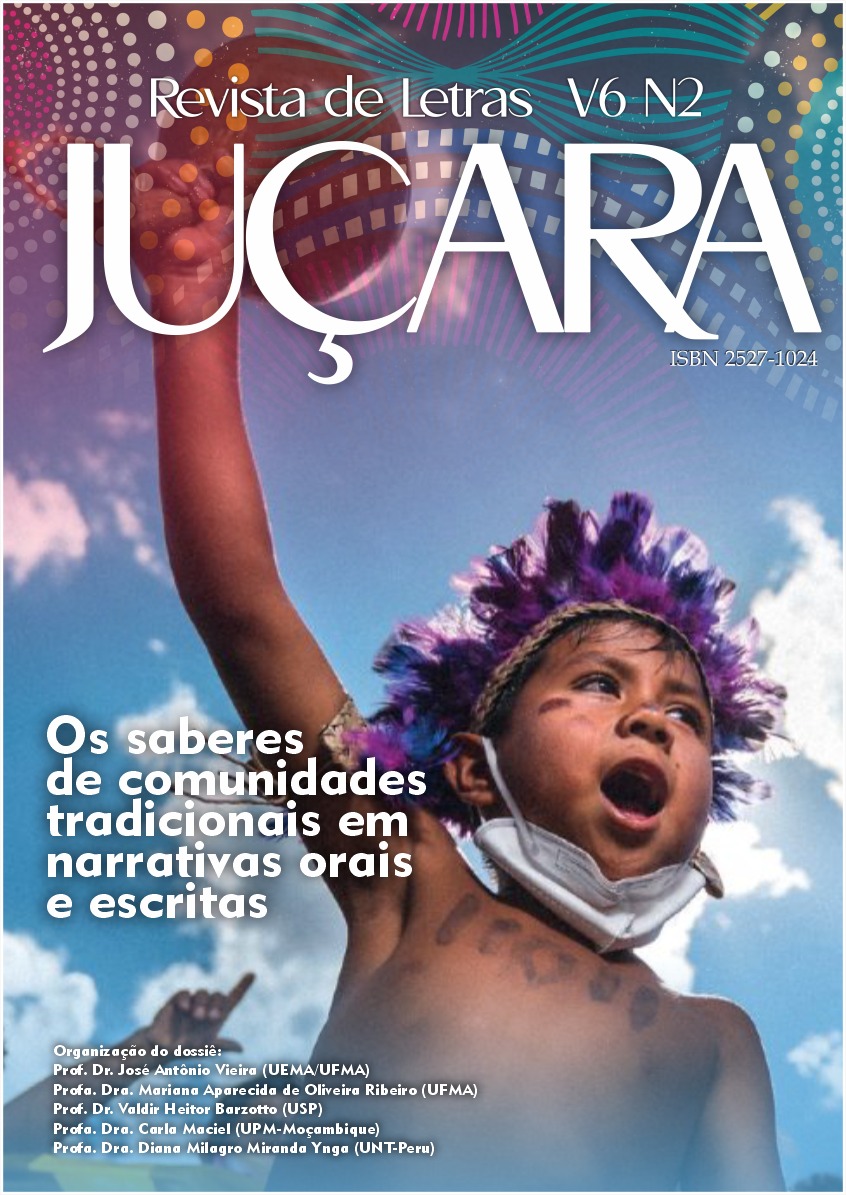MEMÓRIA, ACELERAÇÃO E ESQUECIMENTO EM FAHRENHEIT 451 (1953), DE RAY BRADBURY
DOI:
https://doi.org/10.18817/rlj.v6i2.3031Resumo
Segundo o romancista francês Jean-Philippe de Tonnac (2010), a nossa civilização tem o livro como um objeto sagrado, isto porque, ao desempenhar a função de armazenar informações sobre acontecimentos históricos e possibilitar a sua transmissão às gerações futuras, este veio a ser um dos principais veículos de preservação da memória. Em Fahenreit 451 (1953), de Ray Bradbury, tem-se a elaboração ficcional de uma sociedade que decidiu pôr fim aos livros, reprimindo a leitura de obras literárias, históricas e filosóficas; proibindo, além disso, atividades que demandam o uso de tempo desacelerado, como caminhar tranquilamente e conversar na varanda, ambas imprescindíveis para o fortalecimento de laços afetivos entre os poucos indivíduos que resistem à ordem vigente. Assim, ao trilhar por esta instigante narrativa, o presente artigo tem por objetivos: discutir o valor do livro, sobretudo da obra literária, enquanto objeto mnemônico; ponderar sobre a aceleração e o esquecimento dela proveniente como mecanismos de dominação; bem como pensar o papel da oralidade na preservação de “memórias subterrâneas” capazes de resistir aos períodos de apagamentos que constantemente se repetem ao longo da história. Para tanto, utiliza-se como aporte teórico Maurice Halbwachs (2013), Jacques Le Goff (2013), Paolo Rossi (2010), Bauman (2001), Pollak (1989), entre outros. Nesse sentido, podemos compreender a narrativa bradburyana como uma interessante metáfora sobre o trabalho lento, árduo e incansável da humanidade, em sua luta contra o esquecimento, bem como o lugar preponderante do texto literário nesse embate.
Downloads
Publicado
Como Citar
Edição
Seção
Licença
Copyright (c) 2022 Andressa Silva Sousa, Ana Paula Nunes de Sousa, Eloilma Carvalho Pires

Este trabalho está licenciado sob uma licença Creative Commons Attribution 4.0 International License.
A submissão de originais para a Revista de Letras Juçara implica na transferência, pelos autores, dos direitos de publicação. Os direitos autorais para os artigos publicados nesta revista são do autor, com direitos da revista sobre a primeira publicação. Os autores somente poderão utilizar os mesmos resultados em outras publicações indicando claramente a Revista de Letras Juçara como o meio da publicação original.


